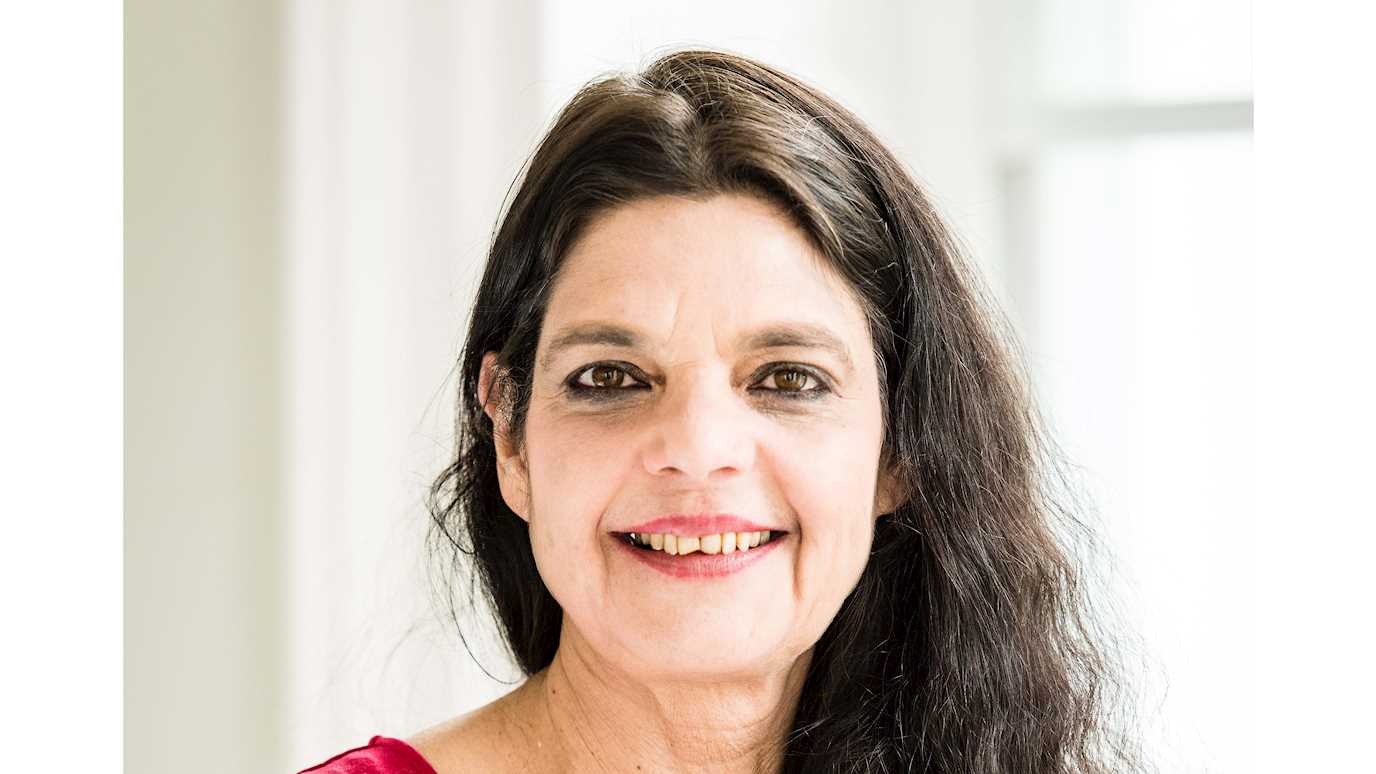The findings of a new research project from a Royal Holloway academic exploring the impact of Covid-19 on Black, Asian and minority ethnic backgrounds (BAME) have been published.

Professor Anna Gupta, from the Department of Law and Criminology, worked with colleagues from University College London (UCL) and Goldsmiths, University of London to examine the implications of Covid-19 on children, young people and their families from different backgrounds.
The report, titled ‘The Consortium on Practices of Wellbeing and Resilience in BAME families and communities’ details an 18-month investigation which looked at those who have experienced a disproportionate socio-economic and psychosocial impact. The research examined the effects on mental and emotional health and well-being and the psychological and social implications.
The research also found that black and minority ethnic communities relied more on social networks and community support than formal support services borne of a pre-existing lack of trust and a fear of racist responses.
The inequities of COVID-19’s impact on BAME communities were already reported soon after the virus hit- with data revealing that while making up only 3.8 per cent of the population in England, BAME people made up 5.8 per cent of COVID-19 deaths. The Co-POWeR report goes deeper, reviewing the impact of efforts to stem the transition of the virus on family life, education, and parenting.
Through engaging with young people and parents from BAME communities across England and Wales as well BAME professionals in social services the report shows that the disproportionate impacts of the disease were exacerbated by pre-existing racial and structural inequalities.
Professor Anna Gupta from Royal Holloway, University of London, a co-author of the report, said: “I am so pleased to have been involved in Co-POWeR and to be able to share the findings of this important study that gives a voice to underrepresented BAME young people and their families. The study makes several important recommendations about how policies and practices can promote the wellbeing of these families going forward and I hope that this research informs decision-making in the future.”
Professor Claudia Bernard, from Goldsmiths, University of London said: “The recently opened COVID-9 public inquiry has pinpointed chronic blind spots in the Government’s recognition of BAME communities in their emergency planning response to the virus, but our research shows that the formal support services at the local level were equally lacking.
“This wasn’t an error of oversight but represented racial and structural inequalities that were present and baked into service provision before COVID. If we are going to build back better then service providers need to be culturally responsive to meet the needs of BAME families. Our recommendations place them in a position to achieve exactly that.”
The authors recommended that policymakers and service providers address harm and promote resilience and well-being. These include by ensuring investment in place-based community services within local and national government and children’s service providers adopting an intersectional approach for understanding how policies and practices impact BAME communities.
Other recommendations included co-producing youth services with young people, recognising the importance of grassroots-level insider workers, building trust between police and BAME communities through active engagement, and addressing racial discrimination within children's social care, education and health services.
Professor Monica Lakhanpaul, from UCL said: “Children and young people from BAME communities deserve a better future. We know that they have always been impacted by racial discrimination, but this combined with the impact of the pandemic puts them at further danger of being ‘left behind’. It is important that we act now, provide them with the safe spaces to connect with each other, and rebuild their trust in the police and education services. We, as a society, need to do better because these young people are our adults of tomorrow.”
The study forms part of a larger Economic and Social Research Council (ESRC) UK Research and Innovation (UKRI) funded project, Co-POWeR Consortium on Practices of Wellbeing and Resilience in Black Asian and Minority Ethnic Families and Communities. The consortium began from the premise that two viruses were afflicting BAME communities, the pandemic and racial discrimination.
The Consortium on Practices of Wellbeing and Resilience in BAME families and communities is available to read in full.
























